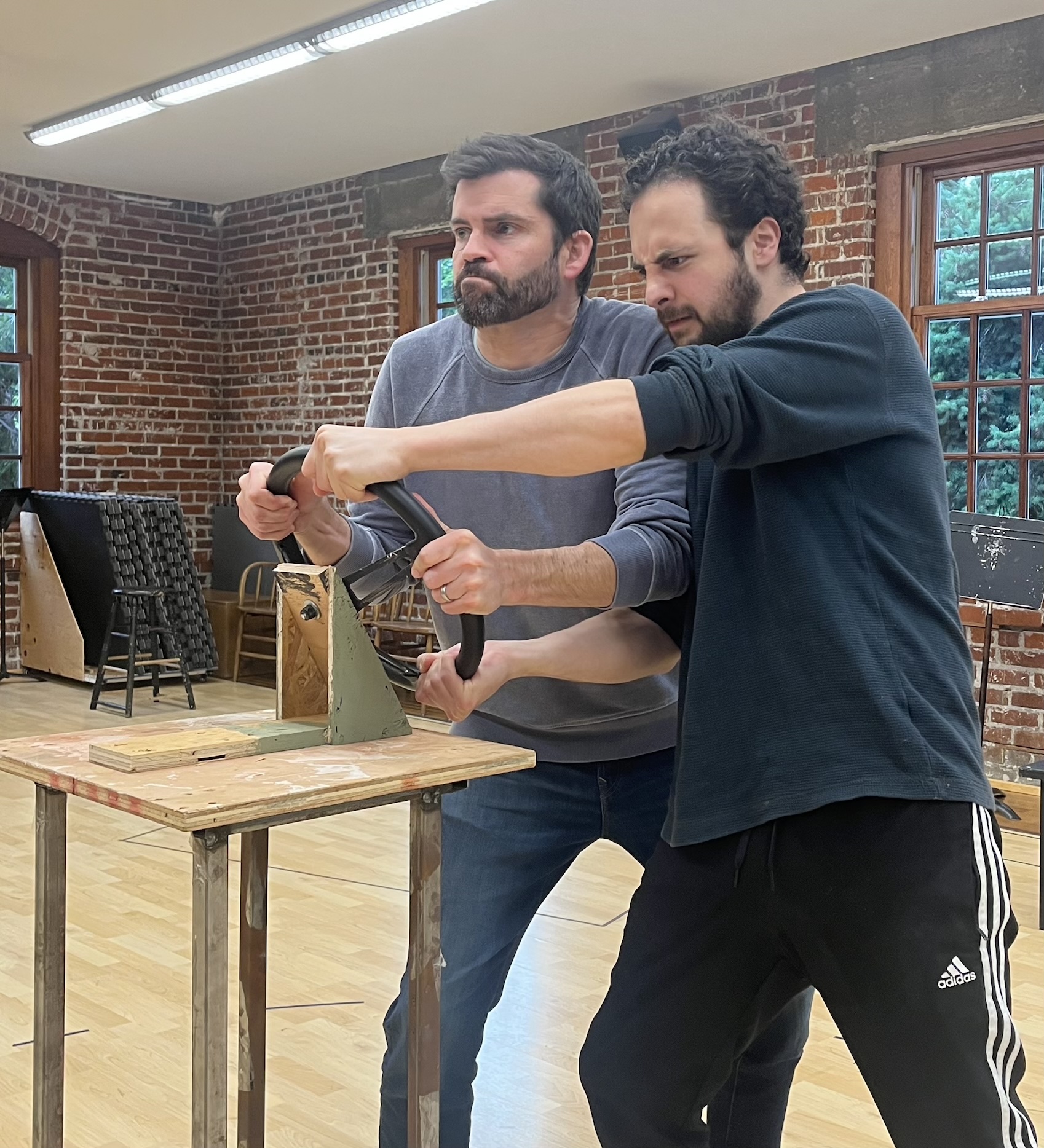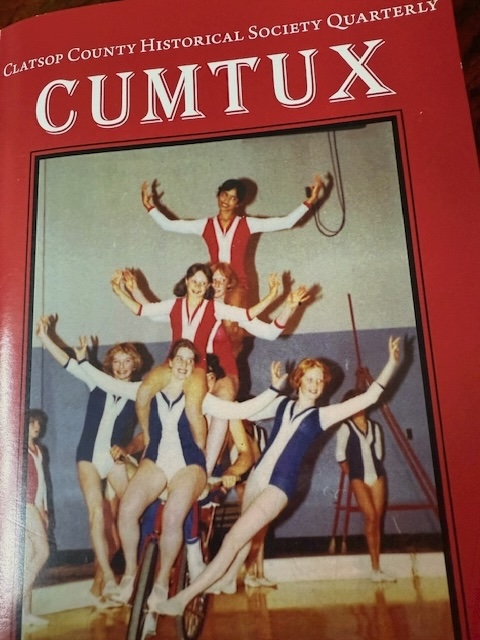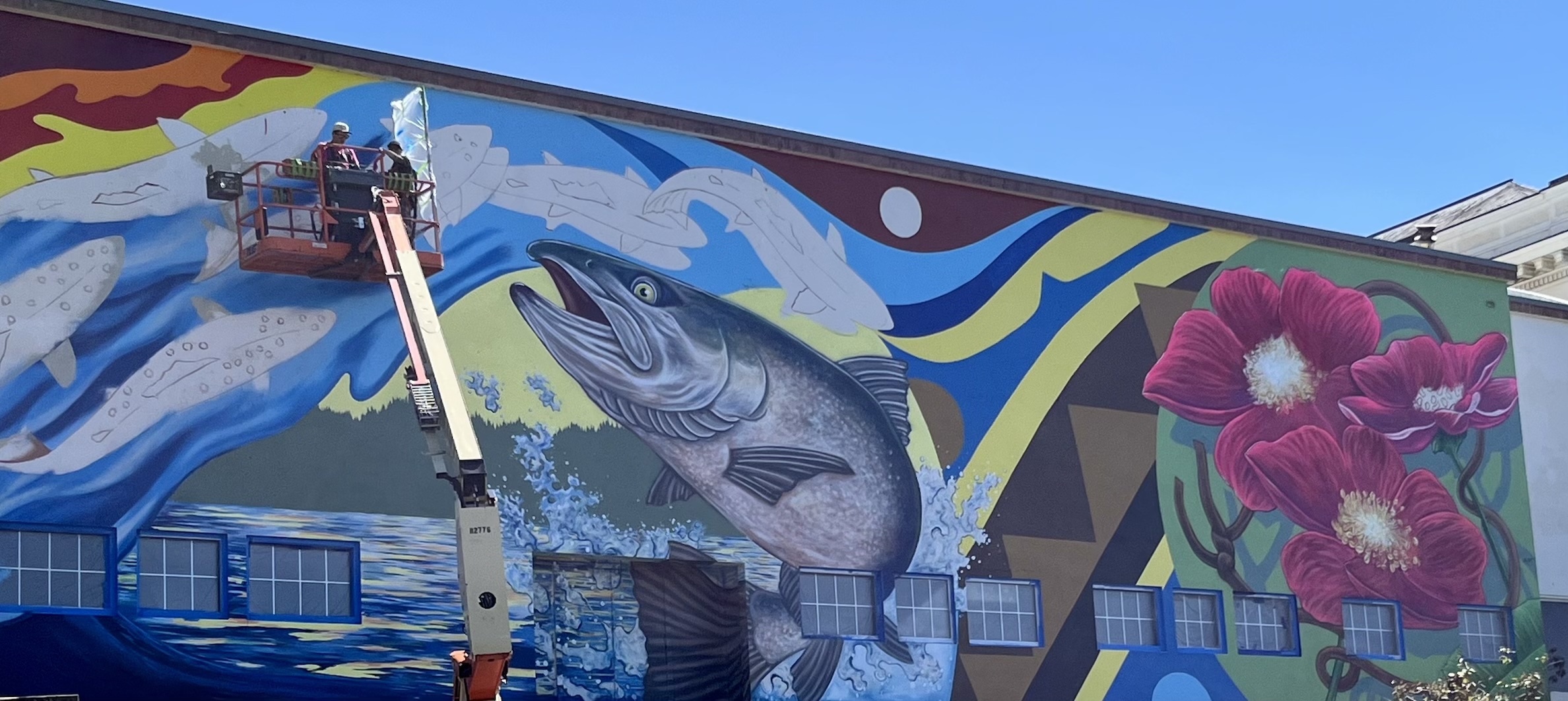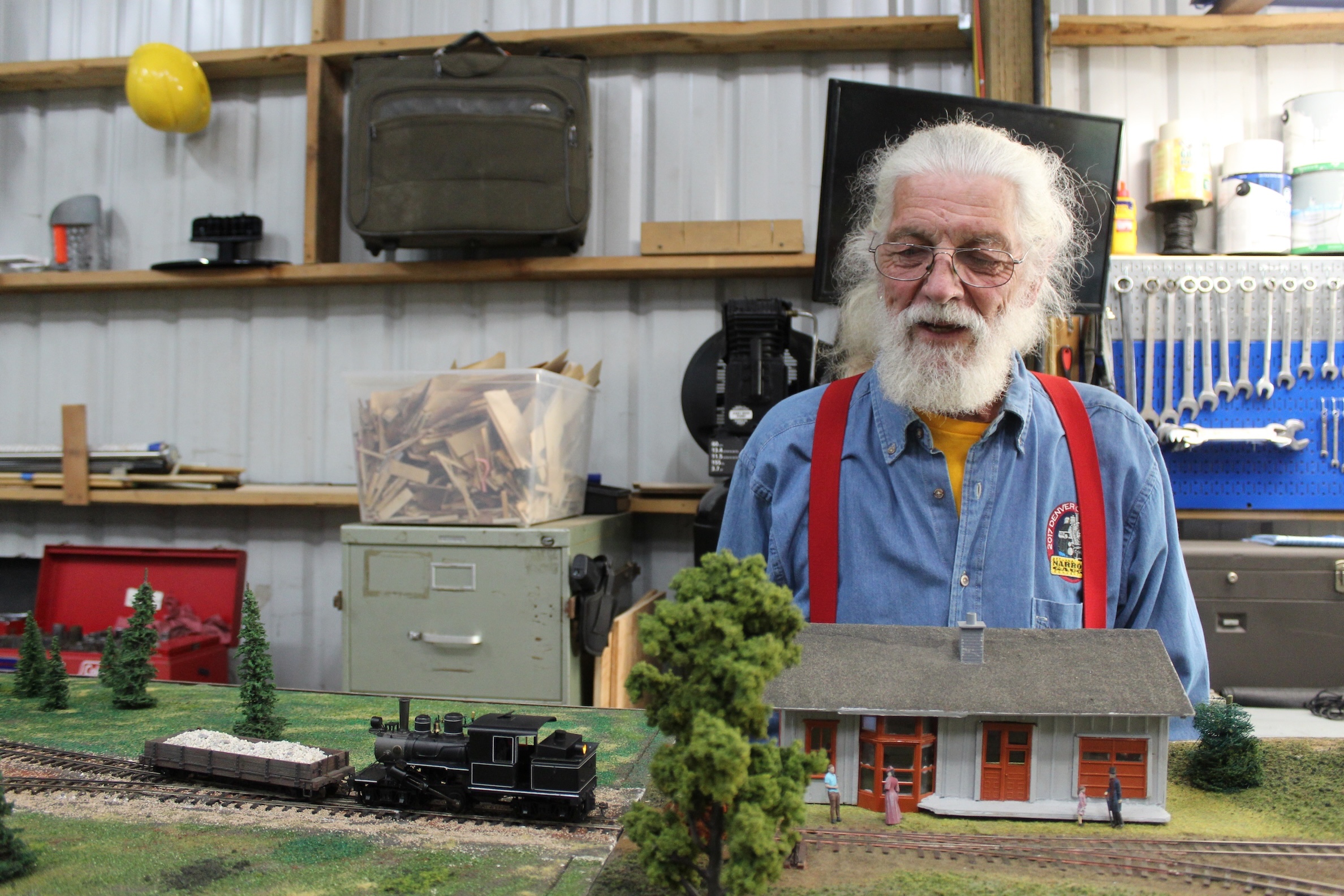Bookmonger: Seeded poetry in the Northwest
Published 9:00 am Wednesday, November 23, 2022

- “Old Growth” is a collection of poems by Washington author Mike O’Connor.
As the holidays approach, and with the end of the year not long after, I sense that I’m falling behind on most things – but I somehow got ahead of myself this past week when I picked up a new book called “Old Growth.”
Trending
I’d intended to take just a peek at this offering by Empty Bowl Press, but when I encountered the sly lyricism, unabashed joy, hard work, languid philosophizing and raucous terror all encapsulated in this posthumous collection of poetry by Mike O’Connor – reader, I dove right in. This was just the book I wanted to read and to share with you all, without delay.
It wasn’t until after I’d read and re-read these poems and, thoroughly sated, sat down to write this review that – and ach! – I noticed the publication date is set for next year.
But never mind – let me tell you more about this book and, if you’re intrigued, you can go to your local bookseller or directly to the publisher and make your case for harvesting “Old Growth” early.
Trending
Mike O’Connor was born in Aberdeen, Washington, grew up in Montesano and Port Angeles and was one of that cadre of tree-planting poets that coalesced on the stump-strewn slopes of the Olympic foothills while working for the U.S. Forest Service in the 1960s and 70s.
O’Connor wrote about the daily ear-popping commute upward on logging roads and then “…climbing, stump by stump / the logged hill.” In some poems, he detailed the back-breaking work on precipitous slopes – the planting of seedlings, the splitting of rails. In other pieces he focused on the snags, the workers – and even the tools he used.
A poem titled “What We Do with a Maul” is a two-page tutorial on the tool his grandma called a go-devil. In it, O’Connor wrote about the way to maintain the tool, the way to wield the tool, and the respect to have for the tool’s ability not only to split wood, but to maim the woodcutter.
“You should be scared / enough to pay attention.” Yet all of that straightforward instruction is embedded in a poem that also contains phrases like these: “a sugary pocket of pitch,” “a blind grub / the color of old parchment,” “a center that is solid, / straight-grained, true and bright.”
O’Connor’s specificity and abiding love for place made him one of the Northwest’s first bioregional poets. But, like others in that class, he also investigated Zen Buddhism and Chinese culture and poetry, spending years in Taiwan to study, translate and publish the work of poems from the Tang and Song dynasties while continuing to write his own poetry.
Some of these works are included in “Old Growth,” too. The sum of pieces in this collection reflects the arc of one poet’s prismatic life – the sparkling waters and mud, trees and fog, peaks and valleys (both literal and figurative), people and pranks, a perfect apple, the final curve, and – always – O’Connor’s extolling, generous spirit.









